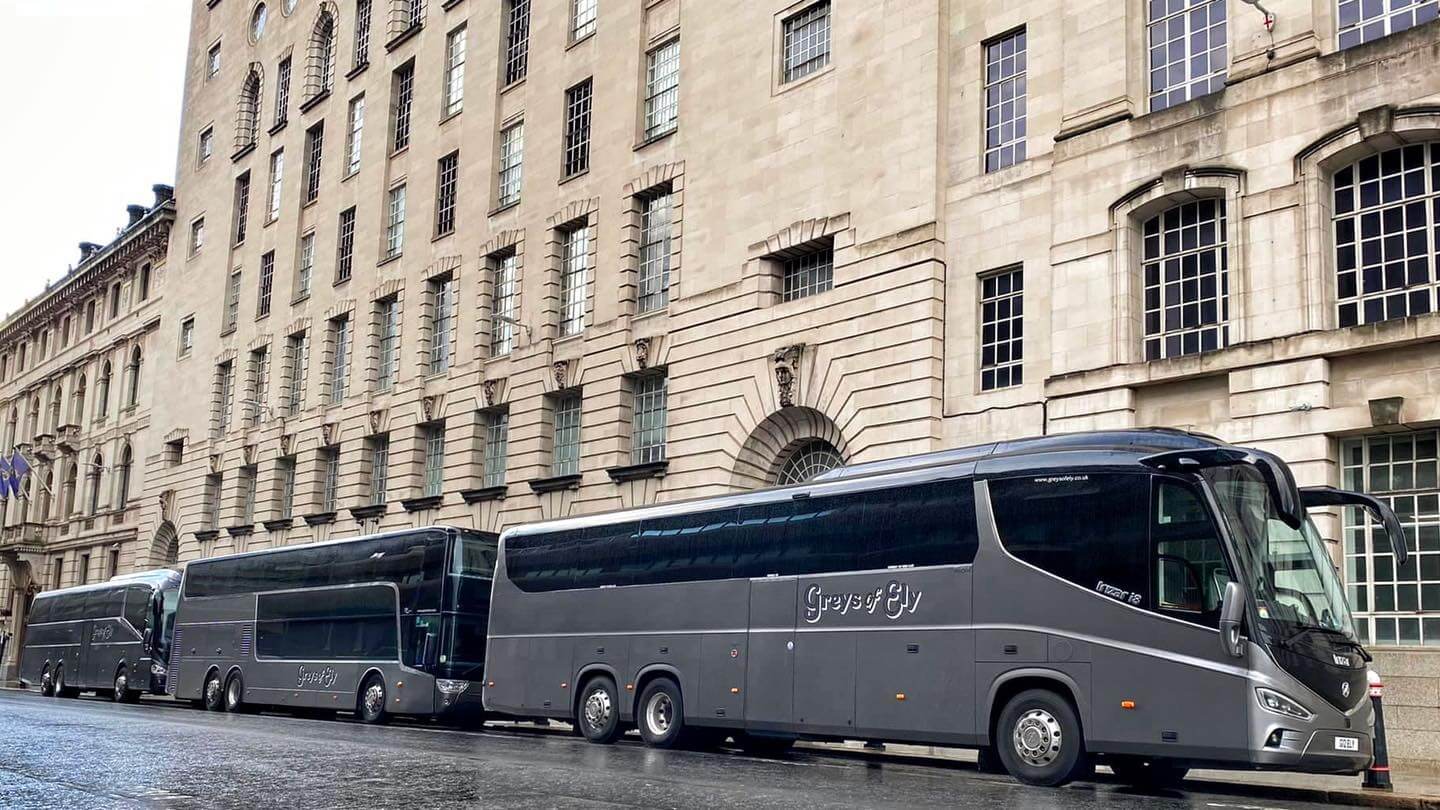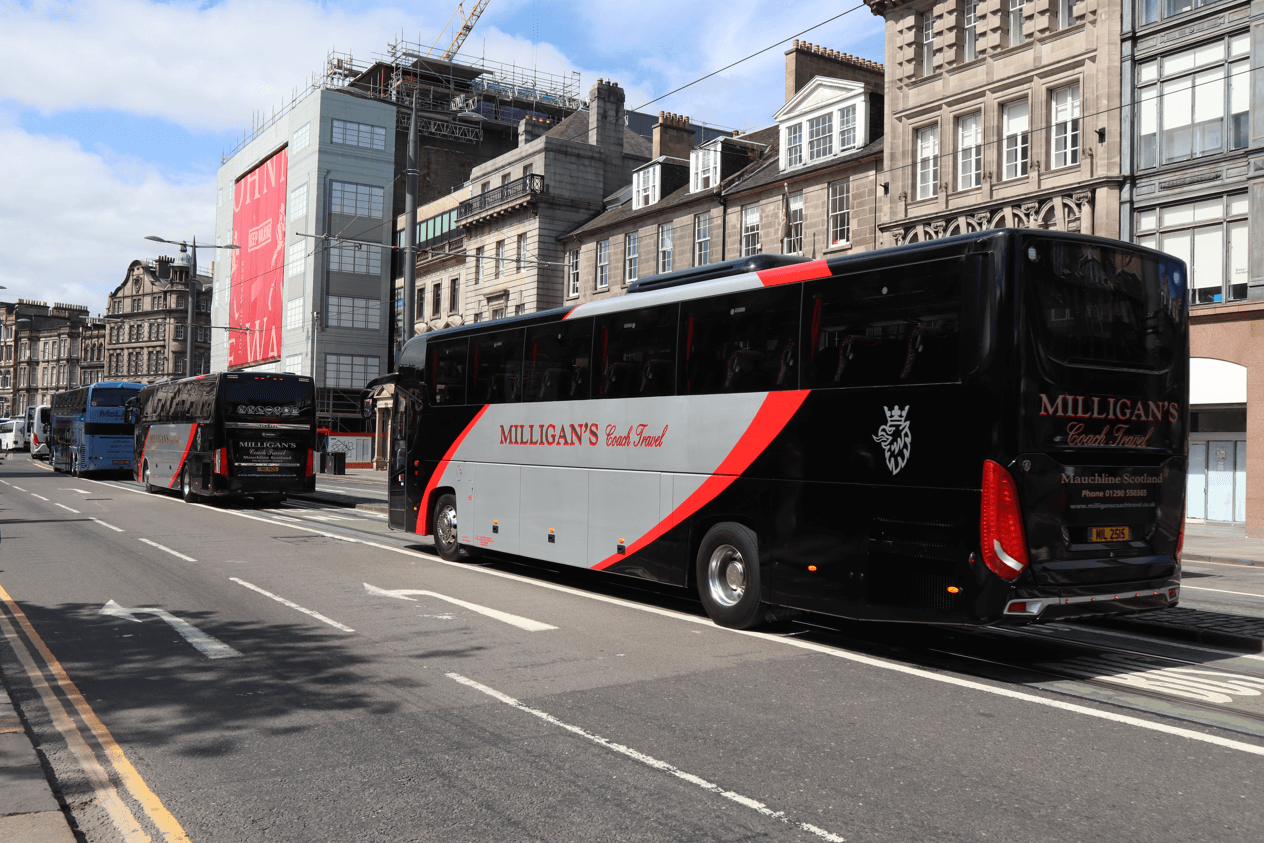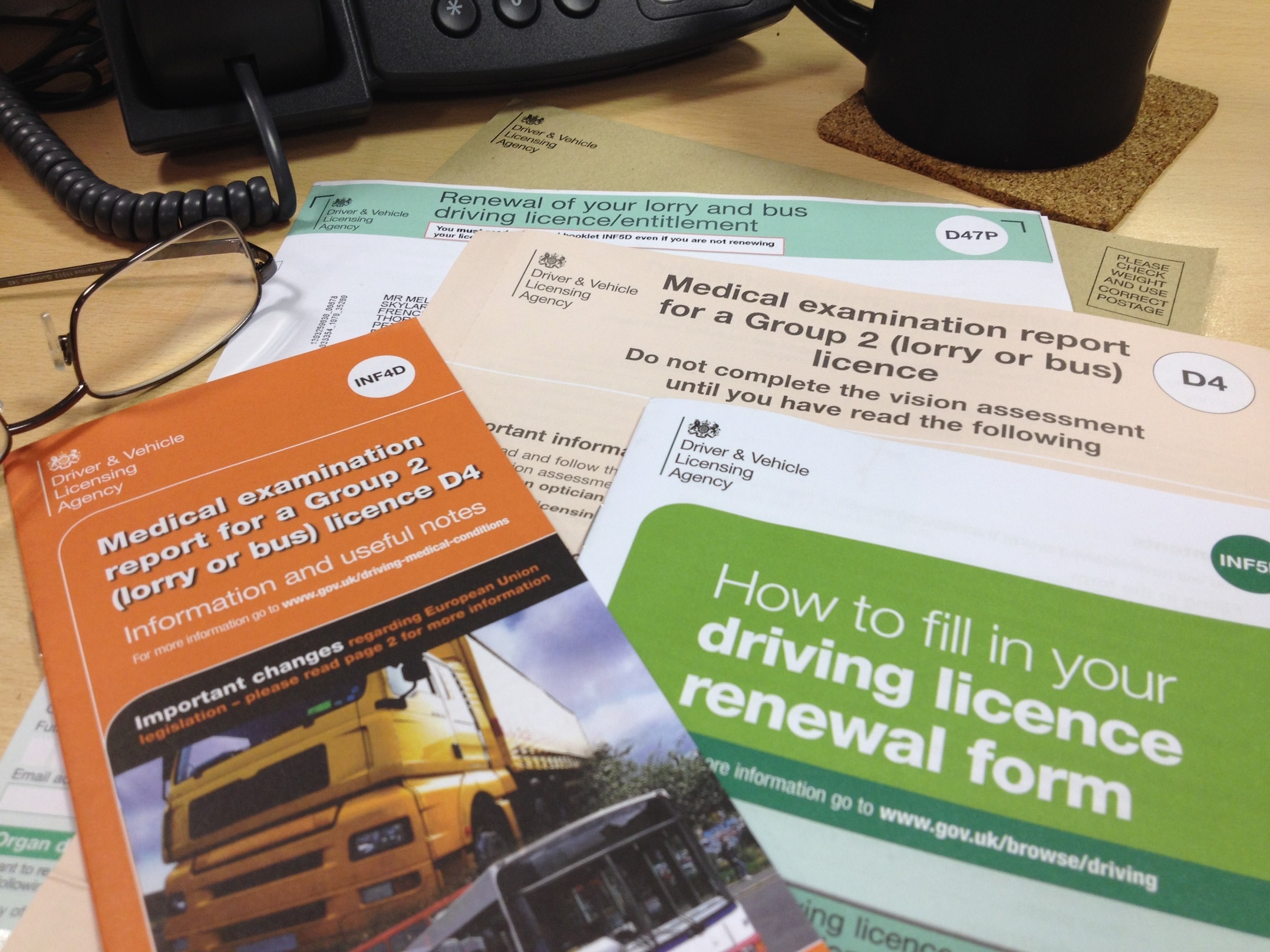Are employee benefits the answer to attracting more people to coach driving – and keeping them? routeone speaks to three UK coach operators for their thoughts
Flexible working hours, bonus schemes and professional development are all employee perks that have become expected in many workplaces globally. Are employee benefits something that’s missing for coach drivers?
It’s estimated that the coach industry is short of between 5,000-7,000 drivers. That’s according to trade body RHA Coaches in its policy direction document published last month. The document states that driver recruitment and retention is one of the biggest challenges the industry faces.
This isn’t a ground-breaking statement. However, it serves as a reminder that the industry must act to resolve the issue that the COVID-19 pandemic has most likely worsened. And RHA believes proactively “introducing attractive employee benefit packages” could be one way to encourage more interest in coach driving as a career option.
Restoring work-life balance

Cambridgeshire operator Richard Grey of Greys of Ely has seen a couple of his drivers leave to pursue careers in the rail industry, which he says is likely to pay more. But Richard believes higher salaries are not the only reason for people leaving the industry.
“Everybody, no matter what industry they’re in, is reflecting on their lives and work-life balance, which has been compounded by COVID-19.”
The seasonal nature and unsocial hours of coach work mean flexible working can be tricky.
Says Richard: “You have a lot of last-minute hires come in at short notice. As an industry, I think we’ve got stuck in the position of letting drivers know their schedule just 24-48 hours ahead of time.”
Greys of Ely has adopted technology to help “restore the flexibility of work-life balance between staff and employer”. This includes driver apps with rostering software. Drivers can see the work they’ve got coming for the next eight days, and they are automatically notified of any changes.
“It’s not a total transformational solution because you only ever know what you’re doing eight days into the future,” says Richard. “But we also encourage two-way communication. We need the flexibility from staff if another job comes in so we can add it to their duties if it’s compliant. If they have personal plans they can’t change, we ask them to let us know.”
Llandudno-based Alpine Travel has also introduced similar technology, which gives its staff notice of their working hours.
MD Chris Owens says: “People have a lot more transparency and can see what they’re doing over the next month. So, it helps to increase work-life balance as we give people the ability to decline jobs that don’t suit them.”

For Chris, flexibility in the industry is all about changing traditional mindsets too.
“During furlough, people had time off and enjoyed a bit more of a work-life balance,” he says. “As we move forward, operators need to be more sensible about work-life balance.
“I think there’s been too much emphasis on, ‘we’ve always done it like that’. Old working practices don’t fit the modern world in which we live. Coach driving is a fantastic career, and it’s up to us to make our workplaces more attractive.”
In East Ayrshire, Milligans Coach Travel isn’t in the position to offer driver benefit packages per se, says Operations Manager Morag Milligan. However, she feels the “personal touch” can go a long way.
“The last time we recruited a new driver was three years ago. On average, our drivers have been with us for between 10-20 years.
“We are a small family business, so I’m not sure if it’s the personal touch – or luck – that keeps them with us. There’s no real scope for flexible working as a lot of our work is last minute. It’s our loyal drivers that are flexible, and this helps us greatly.”
Driver progression

In terms of career development for drivers, this is something the industry “has always found difficult”, says Richard.
“People need to feel they’re progressing and being fulfilled. Therefore, you need a training programme in place.”
Greys of Ely has been working on a tiered training system. The firm trains staff to become tier-one drivers, then with more training, they become tier-two drivers and so on. With each tier comes a different pay scale.
Says Richard: “Hopefully, by training drivers to an efficient level, you’re removing the risk of mistakes that can be costly. If a person is performing well, why wouldn’t you pay them more?”
Greys of Ely has also had “a good level of success” with its driver training programmes.
“We had 70 people without PCV licences apply for our last recruitment drive. So, there is an appetite for it – you’ve just got to make sure you’re offering the right things,” says Richard.
While Alpine Travel hasn’t restarted driver training since lockdown ended, it has signed up to the government’s Kickstart Scheme. It’s an initiative that helps create new jobs for unemployed 16-24-year-olds.
Employers get £1,500 towards training, and the scheme pays 100% of the National Minimum Wage for 25 hours per week for six months.
Says Chris: “We’ve got eight trainee driver places through that scheme. We will pay them more and for all the hours they work, but it’s a contribution during a time when we’re unsure about how much revenue we’re going to have coming in.
“We’ll be battening down the hatches with the view to surviving this winter. If we can train some great young people during this time for the future, then that’s brilliant.”



























